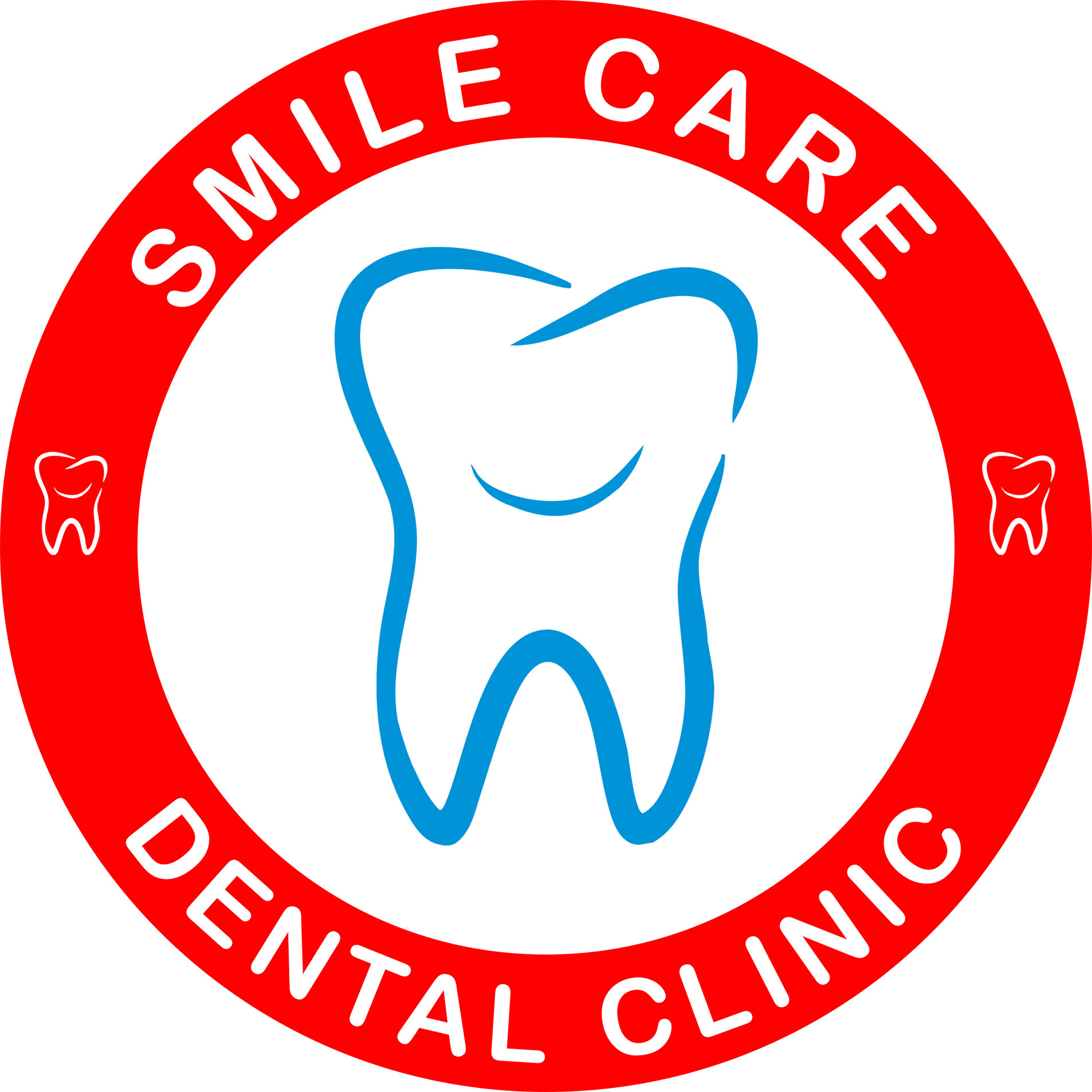Introduction
Your family’s oral health is a long-term priority — and the right dentist can make all the difference. From your child’s first dental visit to your parent’s denture care, having a trusted clinic that understands every stage of life is essential.
In a city like Bangalore with so many options, how do you pick the right one? Here’s what to consider when choosing a dentist for your family — and why Smile Care Dental Clinic is a preferred choice for many households in Indiranagar and beyond.
1. Look for Experience Across All Age Groups
Family members have different dental needs. Children need pediatric-friendly care, adults may need preventive or cosmetic treatments, and seniors often require gum or prosthetic support.
Choose a clinic that offers multi-specialty services under one roof. At Smile Care, our team includes experts in general dentistry, orthodontics, periodontics, and oral surgery.
2. Location and Accessibility Matter
Is the clinic easy to reach from your home, office, or your child’s school? Being close helps reduce appointment cancellations and makes emergency visits easier.
Smile Care is located in the heart of Indiranagar, with convenient appointment slots available throughout the week.
3. Check Cleanliness and Safety Protocols
Dental care requires a sterile, safe environment. The clinic should follow strict infection control protocols, including sterilised instruments and clean operatories.
We follow international hygiene standards and offer a clean, calm space that even children feel comfortable in.
4. Ask About Technology and Treatment Options
Digital X-rays, rotary endodontics, and pain-free anesthesia options enhance treatment quality and comfort.
Smile Care Dental Clinic is equipped with the latest dental technology to ensure accurate diagnosis and minimally invasive treatments.
5. Reputation and Patient Reviews
Patient reviews offer real insights into the clinic’s professionalism, transparency, and success rate.
Smile Care is proud to be rated among the best dental care in Bangalore by our patients, with hundreds of satisfied families who return to us year after year.
6. Transparent Pricing and Preventive Approach
The best clinics explain every procedure clearly and avoid unnecessary treatments. Preventive care should always be the priority.
We offer honest advice, explain treatment options, and focus on protecting your natural teeth for life.
Final Thought
Choosing a family dentist is a relationship, not a transaction. The right clinic builds trust, offers comfort, and becomes a long-term partner in your health journey.
If you’re searching for a dependable, expert, and friendly dental team, Smile Care Dental Clinic offers the experience and values you’re looking for.
